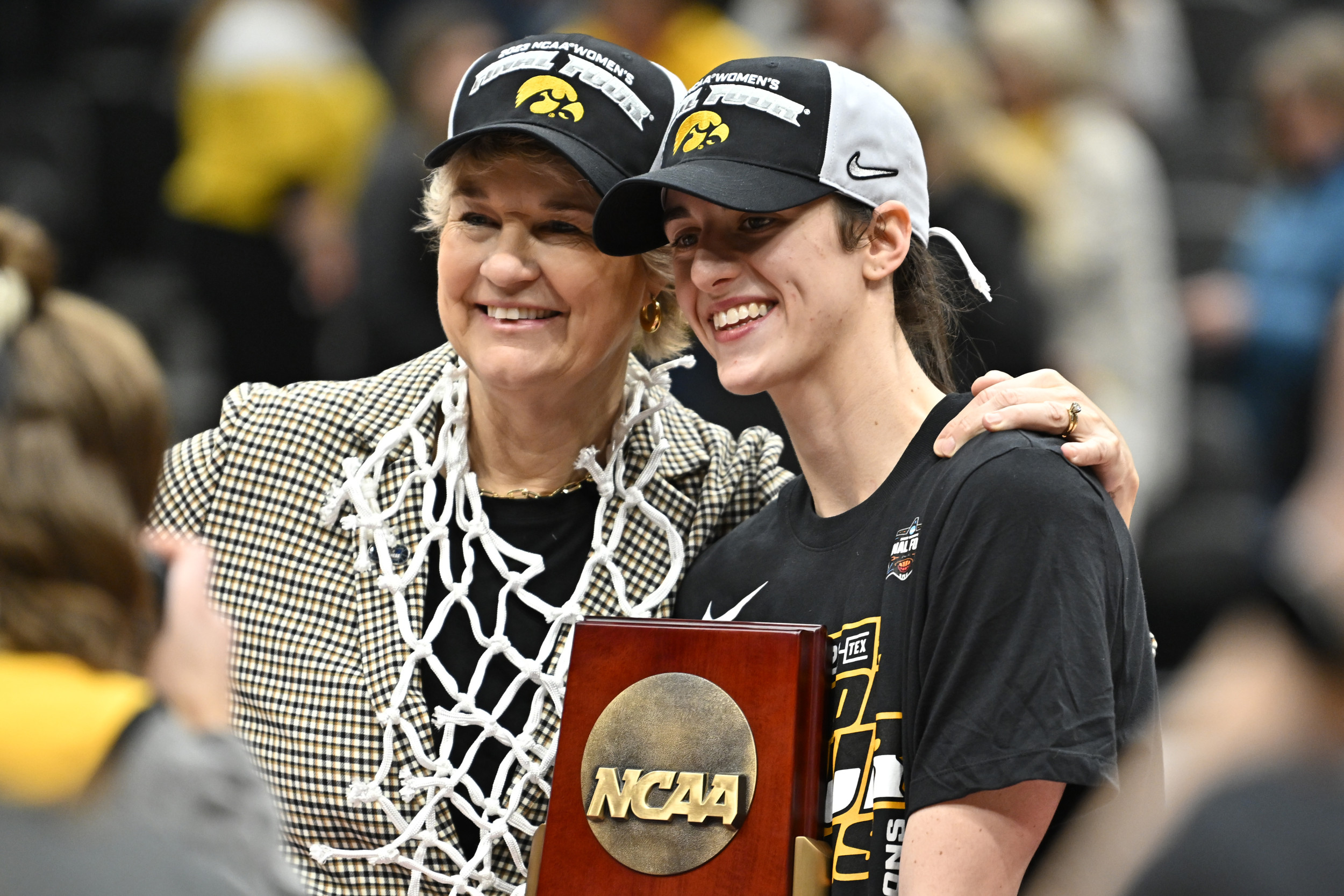Is Caitlin Clark A Biological Male Or Female?
In the world of sports, particularly basketball, athletes often become icons not just for their skills but also for their personal stories and identities. Caitlin Clark is one such athlete who has captured the hearts of fans with her exceptional talent and charisma. However, amidst her rising fame, questions about her gender identity have surfaced, prompting discussions about her biological sex. This article aims to clarify the confusion surrounding Caitlin Clark's biological identity while also providing insights into her life and career.
The curiosity about Caitlin Clark's biological sex stems from the increasing conversations about gender in sports. As society becomes more accepting of diverse identities, it is crucial to approach such questions with sensitivity and respect. In this article, we will delve into Caitlin Clark's background, her accomplishments, and the ongoing discourse about gender in athletics. By uncovering the facts, we hope to provide a comprehensive understanding of whether Caitlin Clark is a biological male or female.
As we explore Caitlin's journey, we will also address the broader social implications of gender identity in sports. Is it fair to question an athlete's biological sex based on their performance or appearance? What role does societal perception play in shaping these inquiries? Join us as we navigate through the complexities of this topic, shedding light on both Caitlin Clark's identity and the societal landscape surrounding gender in sports.
Who is Caitlin Clark?
Caitlin Clark is a professional basketball player who has gained significant recognition in the sports community. Born on January 22, 2002, in West Des Moines, Iowa, she has become a standout player at the collegiate level, representing the University of Iowa. With her impressive skills on the court, Caitlin has shattered numerous records and earned accolades that have put her name in the spotlight.
Biography and Personal Details
| Attribute | Details |
|---|---|
| Name | Caitlin Clark |
| Date of Birth | January 22, 2002 |
| Place of Birth | West Des Moines, Iowa, USA |
| College | University of Iowa |
| Position | Guard |
| Height | 6 ft 0 in (1.83 m) |
| High School | Dowling Catholic High School |
What Records Has Caitlin Clark Set?
Caitlin Clark's basketball journey has been nothing short of extraordinary. She has set various records during her time in college basketball, showcasing her talent and dedication to the sport. Here are some of her notable achievements:
- First player in NCAA history to score 900 points in a single season.
- Most three-pointers made in a single NCAA tournament.
- Multiple All-American honors.
- Leading scorer in the NCAA during her sophomore year.
Is Caitlin Clark a Biological Male or Female?
One of the most pressing questions surrounding Caitlin Clark is whether she is a biological male or female. The answer is straightforward: Caitlin Clark is a biological female. This fact is supported by her official documentation and her participation in women's sports at the collegiate level. However, the curiosity surrounding her biological sex often leads to broader discussions about gender identity in sports.
Why Do People Question Caitlin Clark's Gender?
The inquiry into Caitlin Clark's biological sex can be attributed to several factors:
- Performance: Caitlin's outstanding skills and performance on the court may challenge traditional perceptions of femininity in sports.
- Media Representation: The media often sensationalizes athletes who defy stereotypes, leading to questions about their gender identity.
- Sociocultural Factors: As society evolves in its understanding of gender, discussions about biological sex and gender identity have become more prevalent.
How Does Gender Identity Affect Sports?
The discourse surrounding gender identity in sports is complex and multifaceted. It raises important questions about inclusion, fairness, and competition. Here are some key considerations:
- Inclusion: How do we ensure that all athletes feel included and represented in their chosen sports?
- Fairness: What guidelines should be in place to maintain fair competition among athletes of different gender identities?
- Policy Changes: How are sports organizations adapting their policies to accommodate diverse gender identities?
What Should Fans Know About Caitlin Clark?
Fans of Caitlin Clark can appreciate her not just as an athlete but as a role model who navigates the complexities of identity and performance. Understanding her journey can foster a more inclusive environment for all athletes, regardless of their gender identity. Here are a few things fans should consider:
- Caitlin is an advocate for gender equality in sports.
- She encourages young athletes to embrace their identities and pursue their passions.
- Her success challenges stereotypes about women's sports and what it means to be an athlete.
How Can We Support Athletes Like Caitlin Clark?
Supporting athletes like Caitlin Clark goes beyond cheering from the sidelines. Here are some ways fans can show their support:
- Educate themselves about gender identity and its implications in sports.
- Promote inclusivity in local sports teams and organizations.
- Engage in respectful discussions about gender and athletics.
Conclusion: Understanding Caitlin Clark's Identity
In conclusion, Caitlin Clark is a biological female who has made significant strides in the world of basketball. The questions surrounding her gender identity reflect broader societal discussions about gender in sports. By understanding Caitlin's journey and the context of these inquiries, we can foster a more inclusive environment for all athletes. As we celebrate Caitlin's achievements, let us also acknowledge the importance of respecting each individual's identity and the complexities that come with it.
Ultimately, the question "Is Caitlin Clark a biological male or female?" serves as a catalyst for deeper conversations about gender, identity, and the nature of competition in athletics. By embracing diversity in sports, we can pave the way for a future where all athletes feel valued and respected.



ncG1vNJzZmixn6PAtr7IZqWeq6RjsLC5jpycpZ2Sp7a1xZBuZqKrXZiuqsDLoqVmm5yWv6x5wGaZoqecpLSqr8ClZKaZnJp6sL6Mn5ymmZyae6nAzKU%3D